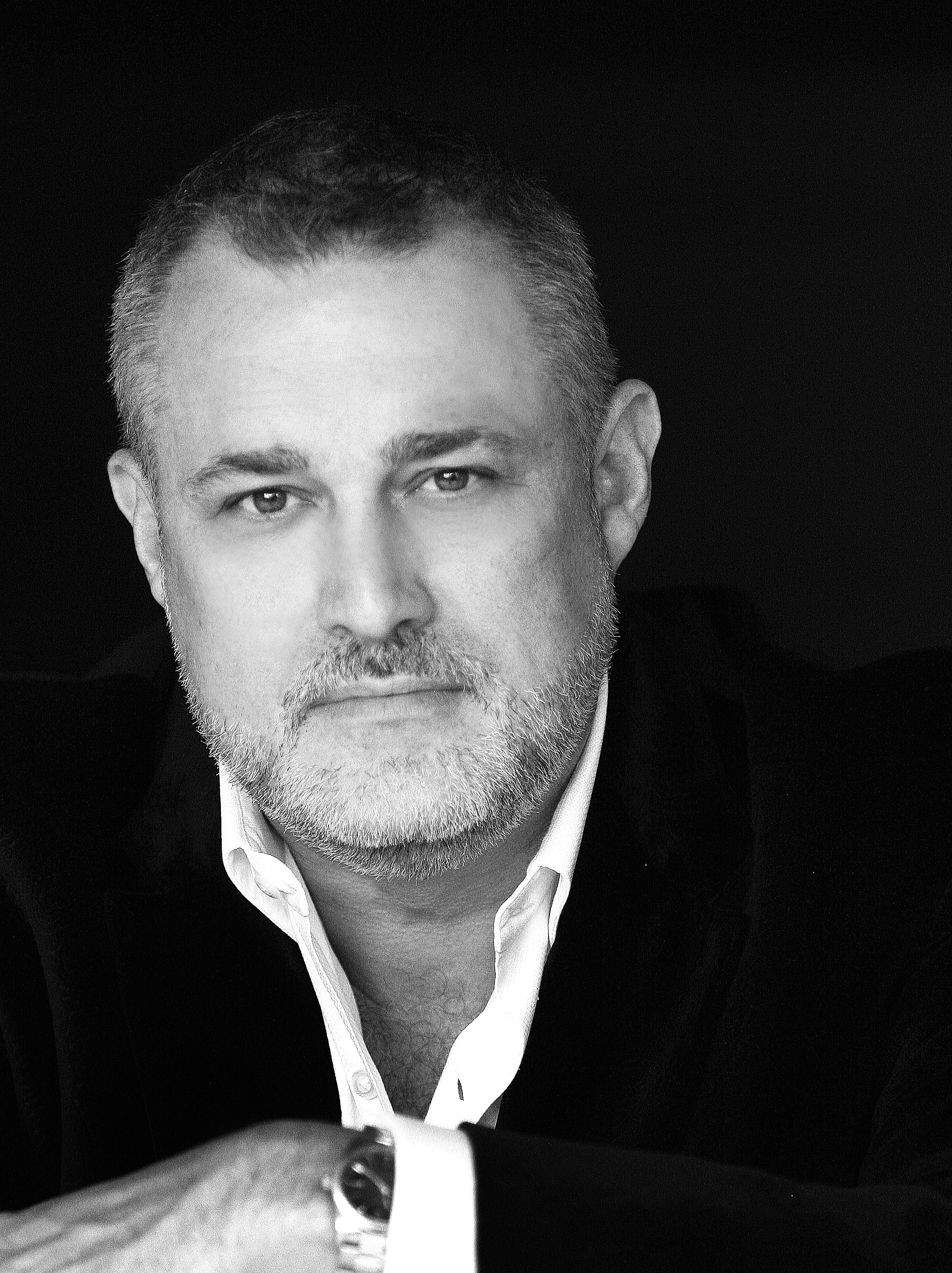The Power of Reinvention – Entrepreneurial Success In the COVID Era
The Power of Reinvention – Entrepreneurial Success In the COVID Era https://csuiteold.c-suitenetwork.com/advisors/wp-content/themes/csadvisore/images/empty/thumbnail.jpg 150 150 jeffreyhayzlett https://secure.gravatar.com/avatar/7d20a01ed9c1d91ad616e067720c7767?s=96&d=mm&r=g
“Adapt, change, or die.”
It’s one of my favorite mantras and couldn’t be more accurate during the challenging world of COVID.
We’ve all heard stories about how businesses from the largest-enterprise-sized corporations to the smallest ‘mom and pop’ shops have found new markets or completely reinvented themselves to stay afloat during these times.
In essence, they pivoted.
While that word has become a cliché of the COVID era, we can’t overstate the pivoting power of entrepreneurs. It’s something that’s in the blood and one of my recent guests is a perfect example of that ingenuity and malleability.
Eva Sadej knows a thing or two about reinventing yourself. She is the founder and CEO of Medbar, a company bringing COVID tests wherever they’re needed. Except, that’s not what her company was doing pre-pandemic. It started as Flossbar, a mobile business bringing dental services to companies across the country. Flossbar was so successful; it had backing from Colgate and contracts with major corporations.
“Our dental idea was working fine. It was like 38% quarter-on-quarter growth,” Eva said during her recent interview on All Business with Jeffrey Hayzlett. “A good pace for our sector.”
Flossbar was so successful, Eva found herself on the Forbes 30 under 30 in healthcare list last year.
Then COVID hit.
“April’s revenue was zero. It was bad, and we were going for the next fundraise, so it was sink or swim,” Eva recalls.
Her team had several ideas to keep the business going during the tough times ahead – among them what Eva called “hibernating,” which referred to laying low and laying people off until the pandemic passed. Instead of suspending operations, the team had another idea.
“We thought about what do we fundamentally provide? Who are we? What’s our exact service?” Eva said. “We realized we’re doing four things to get a service into the workplace. We’re doing compliance. Humans moving around. Stuff moving around and technology backbone for the customer journey. That means we can do other things.”
Eva’s team then went about pivoting from mobile dentistry to mobile COVID testing, but it was not without the challenges a brand-new industry can present.
“Diversified supply lines, that was an early problem. You can’t get access to COVID tests,” Eva said. “You couldn’t get access to it if you’ve got two suppliers. If you’re contacting 60 of them and bugging them every single day, you’re bound to get COVID tests.”
“What we found is actually a lot of red tape, and we are great at figuring out ways to get around red tape, that’s still in the spirit of the law.” Tenacity was the name of the game.
While regulations became a speed bump, Eva and the team encountered another roadblock. They quickly found out medical testing and dentistry played by an entirely different set of rules. For example, to run a COVID testing lab, Medbar needed a high complexity laboratory license and expand its staff.
“So, what did we do? We hired a pathologist and got a high complexity laboratory certificate as fast as possible,” Eva said. “You learn what you need to do, and you just execute. It’s about execution and knowledge IP. Taking your fundamental things and assets you have and applying them to something somebody actually wants to buy now.”
While Medbar is an East Coast-based company, they service they provide is available across the United States.
“We’ve got a flyer program as we call it,” Eva said. “(A team of people with) a packed suitcase and they’re ready to go next day to fly to a client that has a pandemic outbreak.”
You could argue Eva is nimble from experience. Her parents immigrated from Poland to Brooklyn when she was young. She graduated from Harvard and dropped out of Wharton to start what became Flossbar. While Eva has a self-proclaimed “science nerd” background, she comes from a family of doctors, nurses, and therapists. She admittedly knew nothing about dentistry when she hatched the idea for Flossbar.
“I’ve got teeth,” Eva joked. “I learned about how the mouth is so connected to the body. It’s ridiculous that we’re not learning about it.”
Eva found dentistry was behind the rest of healthcare in terms of innovation and thought creating a new dental care model would be “low hanging fruit.”
So, she came up with a dental business idea she called the “Airbnb model.”
She would take over dentists’ offices during the off-hours, using primary dental care as a feeder system for more advanced patient needs.
“It was actually taking over dental offices in the evenings and weekends,” Eva said. “Getting hygienists to go in there to do the basics, cleaning, x-rays, whitening, and then the doctor or dentist is going to be looking at those x-rays the next day.”
Eva quickly found the cost of acquiring those customers during the off hours was high. The margins didn’t work. Plus, dentists didn’t like the idea of renting out their offices.
“Their offices, it’s their baby, it’s their kingdom, their investment,” Eva said.
So, she pivoted to the business model Flossbar became before COVID hit.
I enjoyed my conversation with Eva, always great to talk to other successful entrepreneurs. She has a great business mind and seems to be continually working towards success. During the interview, we got into what made Flossbar successful, her other business ideas that didn’t work, and her advice to other young entrepreneurs.
Listen to our full conversation here.


